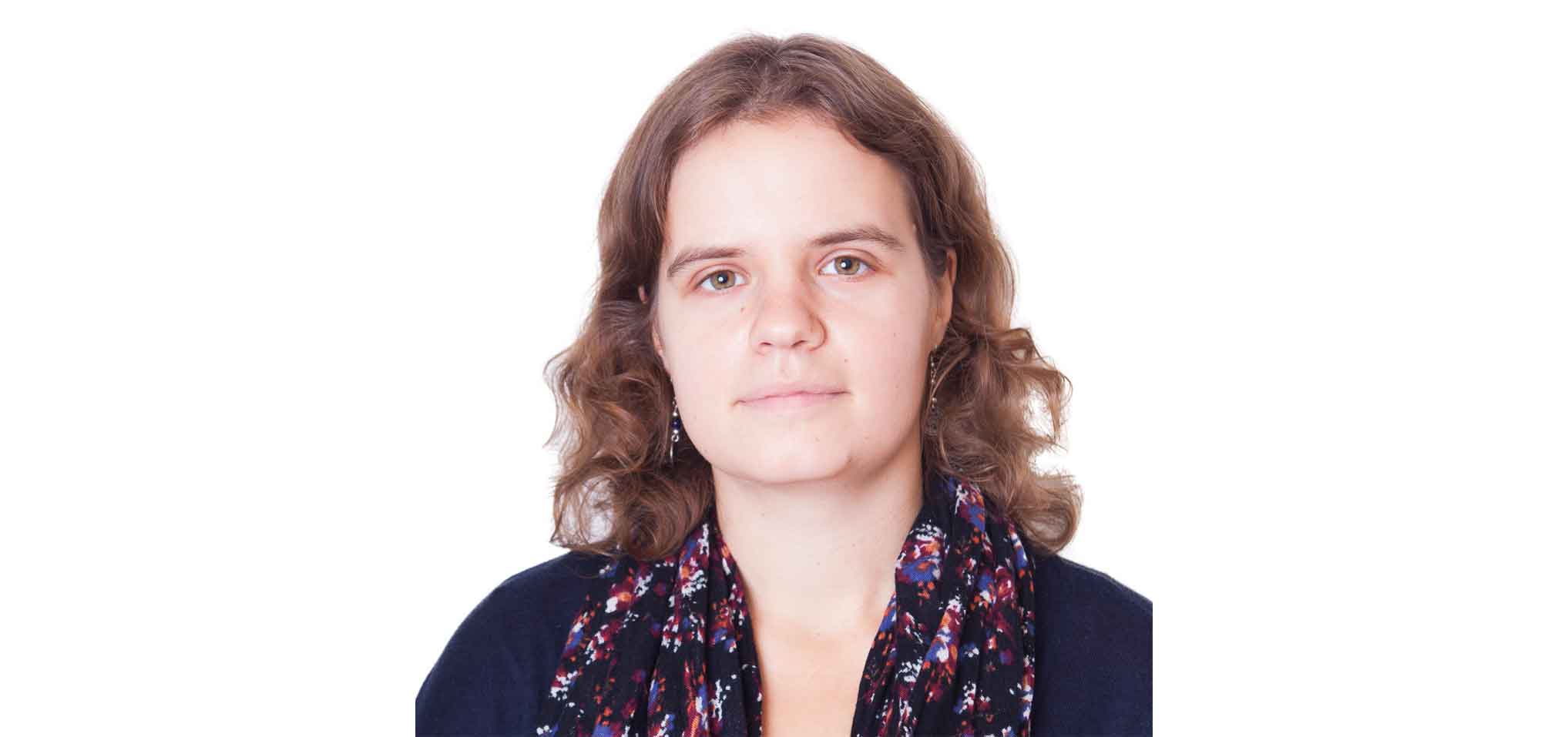When Paula Dubbink went to Sweden to start her master program, she wasn’t prepared for the anxiety that hit her during Introduction Week. Three years later, she vividly remembers a feeling that had her close to going back home.
It’s August 2012 and I’m lying in a bed in Klostergården. It’s after 1 AM and I try to suppress my uncontrollable crying in such a way that my host family will not be woken up. What the heck has happened to me?
Nothing too strange, at a first glance. About ten days earlier I left my home country. I have stayed with a host family the last week, but I’ll get a corridor room in about three days. I have bought a bike, my introduction group organizes fun activities and my first study meeting included a free pizza dinner. All is new, and all is fun. Just out of the blue it hit me, when I wanted to go to bed.
The panic.
I don’t think it’s possible to know what panic is until you have experienced it. I don’t talk about the nerves before giving a presentation. Real panic is extremely tiring, while it makes it almost impossible to fall asleep. My appetite faded away. It was the beginning of a loss of control, which is so frightening that I only got more upset. It made the world look dark and even the most funny distractions would hardly make the lump in my stomach go away.
In hindsight, it can be explained. Leaving for another country on the same continent for two years might be a piece of cake for many, but apparently it wasn’t for not-very-adventurous-me who had never been away from home longer than a month. I started to doubt the use of my master program.
Did it really make sense that I made the effort to come here? Shouldn’t I go back home? But if I would, where to go? What to study then? But what if I stayed and kept feeling this shit forever? The worries just kept coming – and the shame, that I apparently couldn’t cope with this better.
No, what a loser I was.
I now know something I didn’t know back then: there are more “losers” around. Psychological problems are common among students, and maybe even more among internationals. Ask the Student Health Office, which has queues for psychological help. Or speak with my pastor, who counsels numbers of students in distress. Or ask even the emergency ward in the hospital, which gets in international students every week with panic attacks or related problems.
It might be the new environment. Unexpected homesickness. Problems left at home that, despite of the physical distance, seem closer than ever. The fact that you imagined a study exchange to be “the best time of your life” and the disappointment when you don’t find good friends immediately. Loneliness. Financial worries. A culture shock. The stress of finding housing. Etcetera.
Whatever it is, talk about it with whoever you can find. I didn’t do that and I still regret that, because shared worries obviously weigh less. And don’t be ashamed: it can happen to anyone. You’re not alone.






